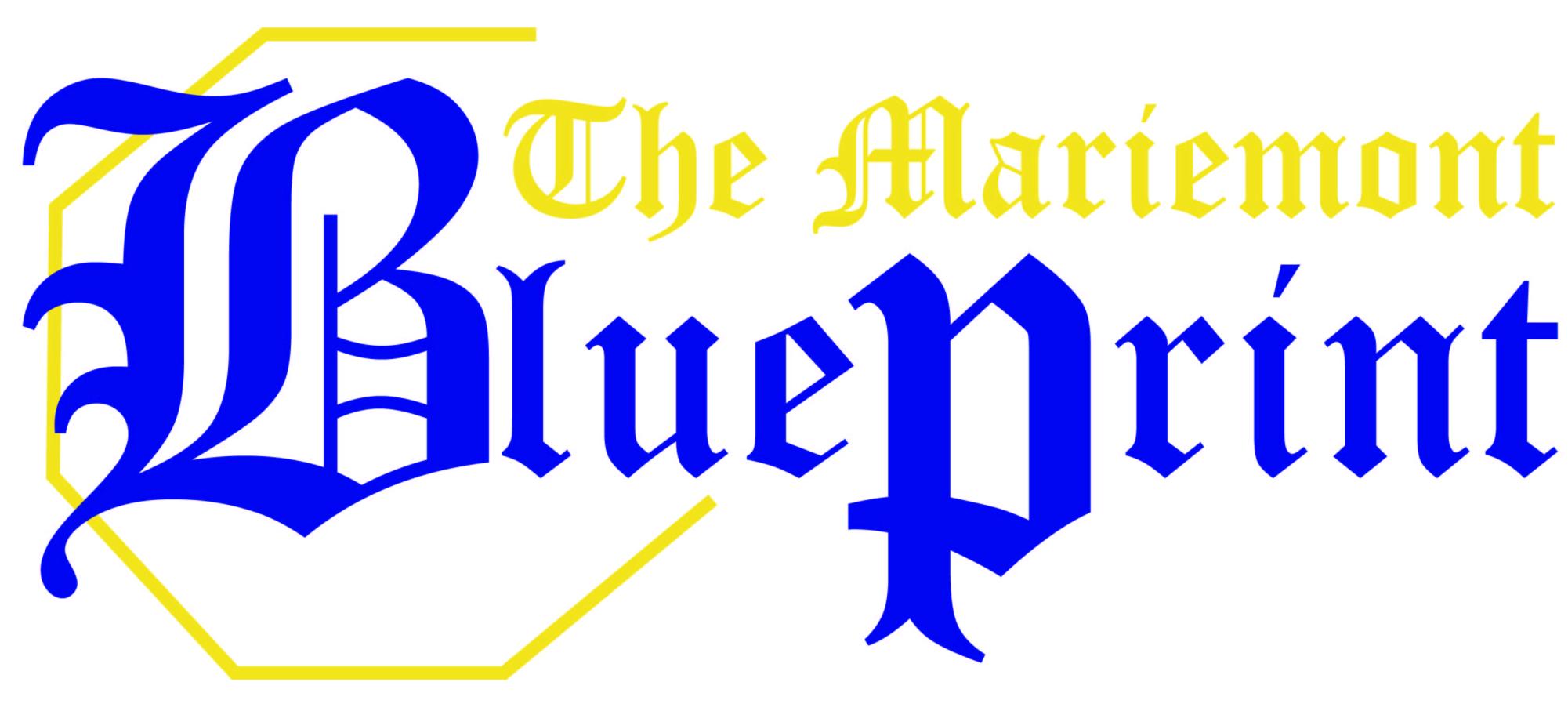What Will They Deliver?: What Gen Z Can Achieve
February 19, 2019
BY MCKENZIE ZOBRIST
In the constant commotion of the lunchroom, onlookers may not notice the determined students finishing homework and collaboratively working on projects. They’re quick to assume that the phones are being used for social media, the computers are being used for games, and the headphones are being used to drown out the teachers. Whether or not these assumptions are accurate, depends on who you ask.
Sources reached the consensus that Gen Z consists of people born from 1995-present. Mariemont seniors were born between 2000-01, meaning nearly 95% of our school consists of the generation. As for our teachers, the generations vary.
Below is a chart of the different characteristics that each generation possesses:
| Major Generations | General Characteristics | People |
| G.I Generation (1900-1924) |
|
|
| Silent Generation (1925-1945) |
|
|
| Baby Boomers (1946-1964) |
|
|
| Generation Jones (1954-1965) |
|
|
| Thirteeners or Generation X (1965-1979) |
|
|
| Xennials (1970-1980) |
|
|
| Millenials of Generation Y (1980-1994) |
|
|
| Zillennials (1995-1999) |
|
|
| Generation Z or New Silent Generation (1995-present) |
|
|
In 2012, USA Today sponsored an online contest regarding the name of the post-millennial generation. Some of the suggestions included: iGeneration, Gen Tech, Generation Z, Gen Wii, Net Gen, Digital Natives, and Plurals. Consequently, The New York Times’ staff recommended Delta Generation because, as one submitter explained, “Delta is used to denote change and uncertainty in mathematics and the sciences, and my generation was shaped by change and uncertainty.”
After a variety of names were examined, Generation Z was chosen because it’s more universal.
As the submitter explained to The New York Times, Generation Z is a product of what came before them. Since more and more Millennials are on social media, it’s possible that some Gen Zers are influenced by what they see as either an ambition, or a deviation. However, with ever-changing technological advancements comes mass uncertainty.
Senior, Corben Shoemaker, said, “I think social media creates uncertainty because everyone wants to one up each other.” He also said, “I think that we are motivated to be what we see.” Since technology is evolving faster than ever, social media can distort what genuine human connection is.

Mrs. Colpi, a member of the “micro-generation” between Gen X and Millennials called Xennials, said, “I think uncertainty comes from a place of seeing the generation before Gen Z.”
Latin teacher and Gen Xer, Mr. Ferry agreed with Colpi. He said, “Uncertainty in the Gen Z population is a product of the time because people don’t know what jobs will be like in the future.” He explained how far technology has come, and how uncertain his generation was about new technological advancements. He said, “Generation Z likes convenience,” which could play into multiple innovations that could alter the idea of physical work in the future.
Some directly correlate technology with the Gen Zers because they grew up not knowing about anything different. However, Colpi explained that characterizing generation Z as “tech- dependent” wasn’t very fair. She said, “Gen Z is somewhat more turned on other topics, and sometimes more capable of questioning media because of their access to technology.”

Mr. Vanags, a Gen Xer, explained that the Gen Z students are more motivated than the millenials that he’s taught. He said, “I think Gen Z embraces the growth mindset and are open to growing and learning, whereas the Millennials are more of an activist generation who are focused on doing whatever they need to do to succeed.” However, he said, “I think Millenials get a bad rap. I love all of the students I’ve taught.”
Jack Borgerding, a sophomore, agreed his generation is not tech-dependent. He said, “I could throw my phone away anytime I want.”
On the other hand, Miss Butt, a member of the “micro-generation” between millennials and Gen Zers called Zillenials, believes that Gen Zers are more tech-dependent than other generations. However, she said, “A lot of factors play into these characteristics.”
Whether you ask a student or a different generation, the responses to the characteristics remain scattered. For most, it’s because Gen Z is influenced by previous factors. For others, it’s because we created them ourselves.
As for the students, Generation Z is…

“…the generation of Fortnite” – Lauren Cimis

“…incapable of communicating effectively” – Hailey Zobrist

“…more connected, but unattached to other people’s feelings” – Sophie Wartenberger
